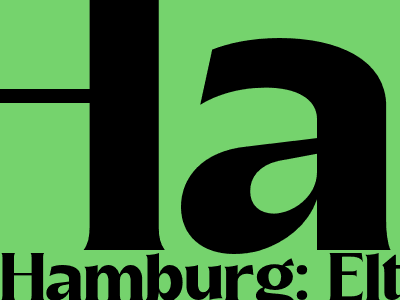
Hamburg Parents Demand School Tablets With No Obligation to Purchase
Hamburg Parents Protest School Tablet Policy
Hamburg parents are expressing outrage over the city's new policy requiring students to have tablets for school. The policy, which was announced last week, states that all students in grades 3-12 must have a tablet to access educational materials and complete assignments. However, the policy does not provide any funding for parents to purchase tablets, leading to concerns that some families will not be able to afford the devices.
A group of parents has started a petition calling on the city to reverse the policy. The petition has already garnered over 1,000 signatures. One of the parents behind the petition, Sabine Müller, said that the policy is "unfair" and that it will "create a divide between students who can afford tablets and those who cannot."
City officials defend the policy
City officials have defended the policy, saying that it is necessary to ensure that all students have access to the same educational materials. They also said that the city is working to provide financial assistance to families who cannot afford to purchase tablets.
However, parents remain skeptical. They argue that the city has not provided enough information about how financial assistance will be provided. They also worry that the policy will lead to increased screen time for students, which can have negative consequences for their health and development.
The debate over school tablets
The debate over school tablets is not new. In recent years, several other cities have implemented similar policies, with mixed results. Some studies have shown that tablets can improve student engagement and learning outcomes, while other studies have found that they can be a distraction.
The Hamburg policy is still in its early stages, and it is unclear how it will be implemented. However, the debate over school tablets is sure to continue as more and more schools adopt these devices.
Here are some of the key arguments for and against school tablets:
Pros:
- Tablets can provide students with access to a wider range of educational materials.
- Tablets can help students to learn at their own pace.
- Tablets can make learning more engaging and interactive.
Cons:
- Tablets can be expensive, and not all families can afford them.
- Tablets can be a distraction, and students may spend more time playing games or surfing the internet than they do learning.
- Tablets can emit blue light, which can be harmful to the eyes.